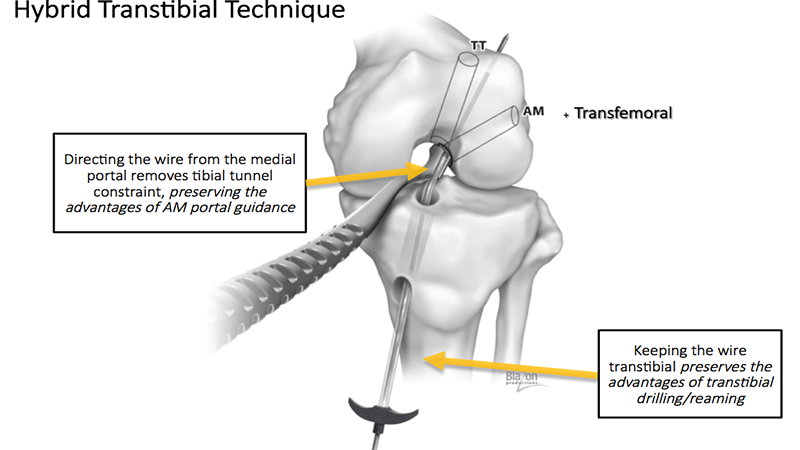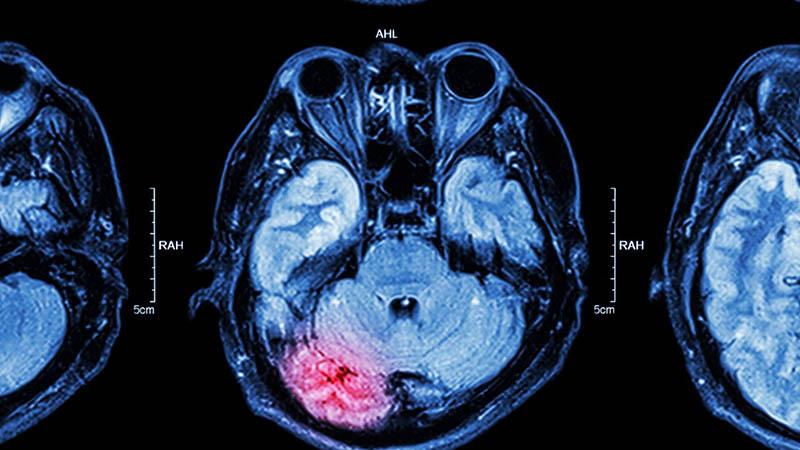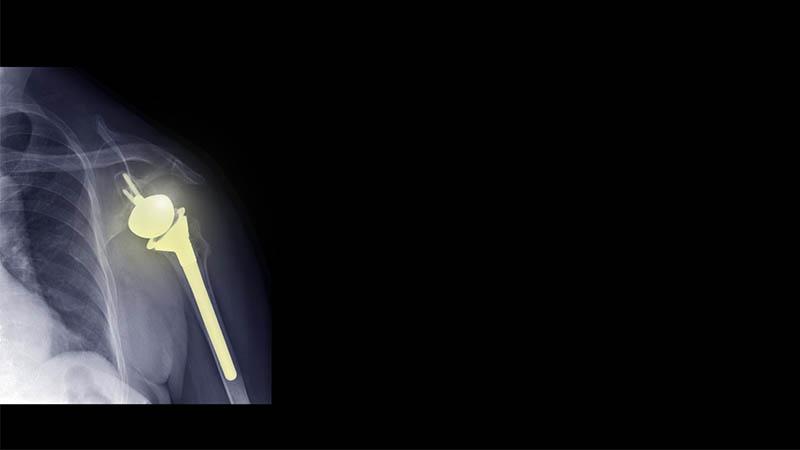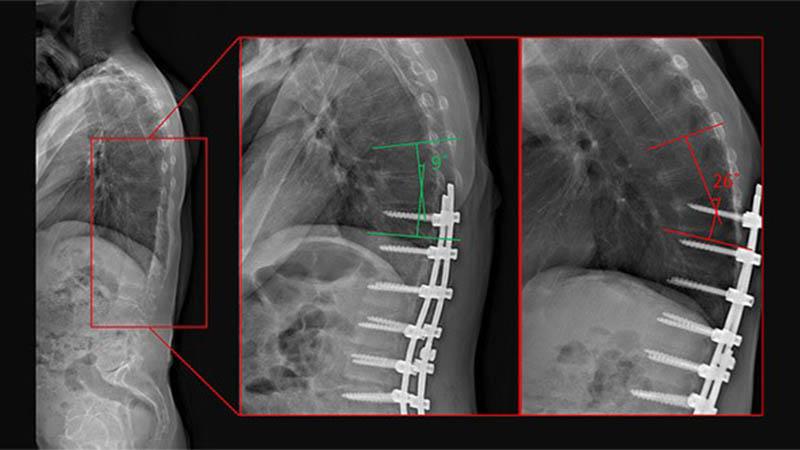The 2022 Innovations in Review of clinical and scientific advances in orthopedics highlight NewYork-Presbyterian’s compassionate patient care and renowned expertise in complex and challenging musculoskeletal diseases and disorders. Columbia’s orthopedic specialists are nationally recognized for their nonoperative and operative approaches to treating sports injuries, spine disorders, degenerative joint diseases, bone and soft tissue cancer, and orthopedic trauma. Our orthopedics program is supported by an innovative basic and clinical research program that is advancing the field in unprecedented ways.
Pursuing Novel Techniques for ACL Reconstruction
Fighting in Ice Hockey: It’s Time for a Change
Total Shoulder Arthroplasty: Guidelines for Discussing Patient Expectations
Identifying Novel Metrics for Risk of Proximal Junctional Kyphosis

Pursuing Novel Techniques for ACL Reconstruction
NewYork-Presbyterian/Columbia, in collaboration with external colleagues, conducted a successful clinical trial that demonstrated the benefit of a hybrid transtibial technique for anterior cruciate ligament (ACL) reconstruction that incorporated medial portal guidance of a flexible transtibial guide wire. The study, which was published in the American Journal of Sports Medicine, found that the hybrid technique achieved femoral aperture positions equally as anatomic as the anteromedial portal technique, but produced longer, less angulated femoral tunnels, which may help reduce graft strain and mismatch.

Fighting in Ice Hockey: It’s Time for a Change
Orthopedic surgeons from NewYork-Presbyterian/Columbia’s Center for Shoulder, Elbow and Sports Medicine brought awareness to the dangers of fighting in professional ice hockey. In research published in Frontiers in Sports and Active Living, Translational Sports Medicine, and The Physician and Sports Medicine, doctors addressed the ramifications of fighting in the National Hockey League (NHL) which increases the risk of chronic traumatic encephalopathy and neurobehavioral consequences. Research supports the need to set a precedent of protecting players by limiting unnecessary injuries and hits to the head.

Total Shoulder Arthroplasty: Guidelines for Discussing Patient Expectations
NewYork-Presbyterian/Columbia orthopedic surgeons are dedicated to ensuring their orthopedics patients are knowledgeable about their treatment options. When a gap in understanding patient expectations and satisfaction with outcomes following anatomic total shoulder arthroplasty was identified, the providers undertook a study to align clinical factors with patient perspectives of pain and function. Their findings, which were published in the Journal of Shoulder and Elbow Surgery, assist orthopedic surgeons in discussion of possible outcomes with patients considering anatomic shoulder arthroplasty and facilitate shared decision-making.

Identifying Novel Metrics for Risk of Proximal Junctional Kyphosis
Researchers from Och Spine at NewYork-Presbyterian built a machine learning algorithm to identify novel metrics associated with proximal junctional kyphosis (PJK) – a common postoperative complication following spinal deformity surgery – in addition to recording their strength relative to established risk factors. The orthopedic surgeons are planning to use these learnings to develop an app that can help educate patients as to their risk of PJK, show how changes preoperatively can help influence or prevent the common complication, and assist surgeons in clinical decision-making.



